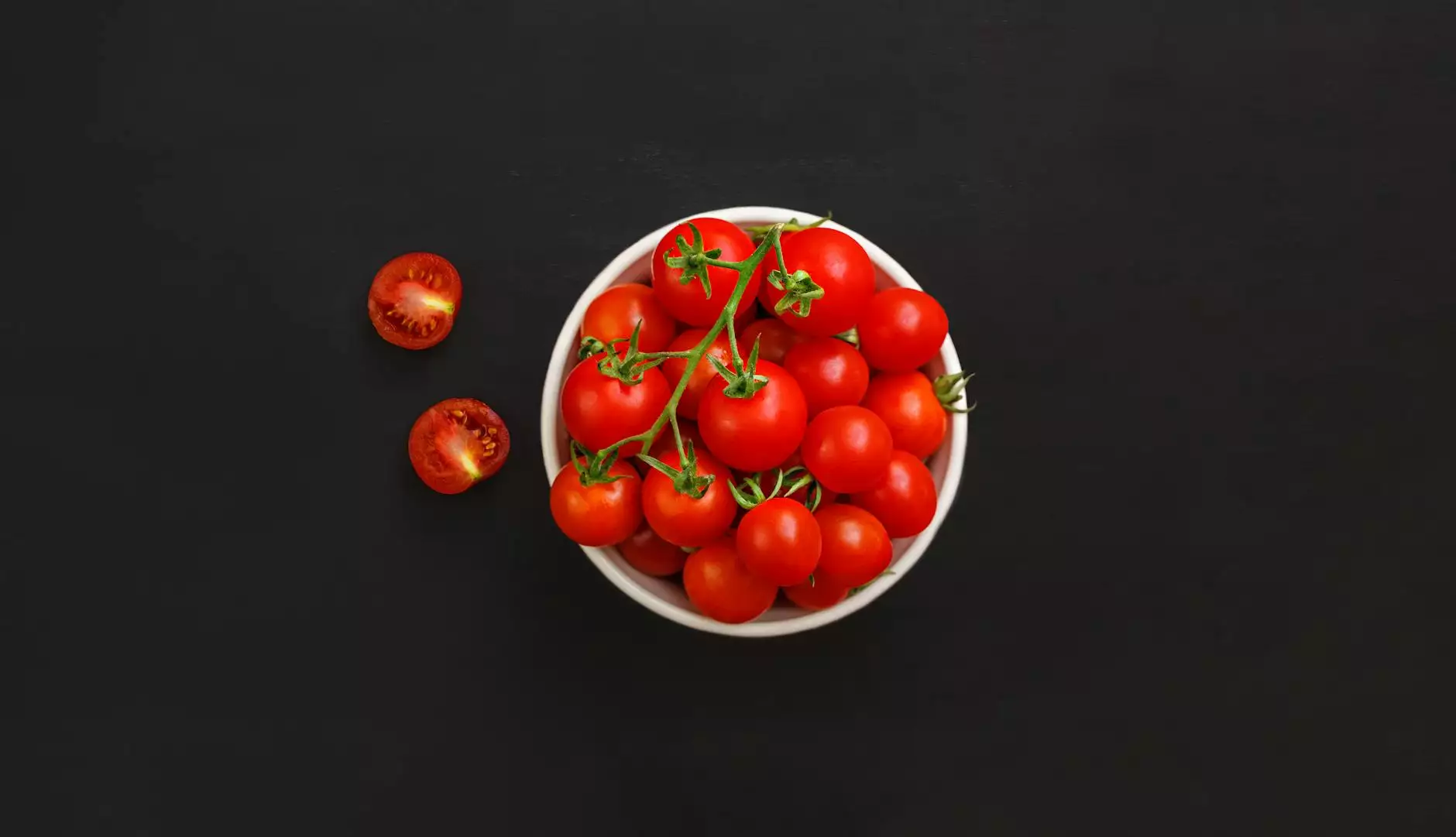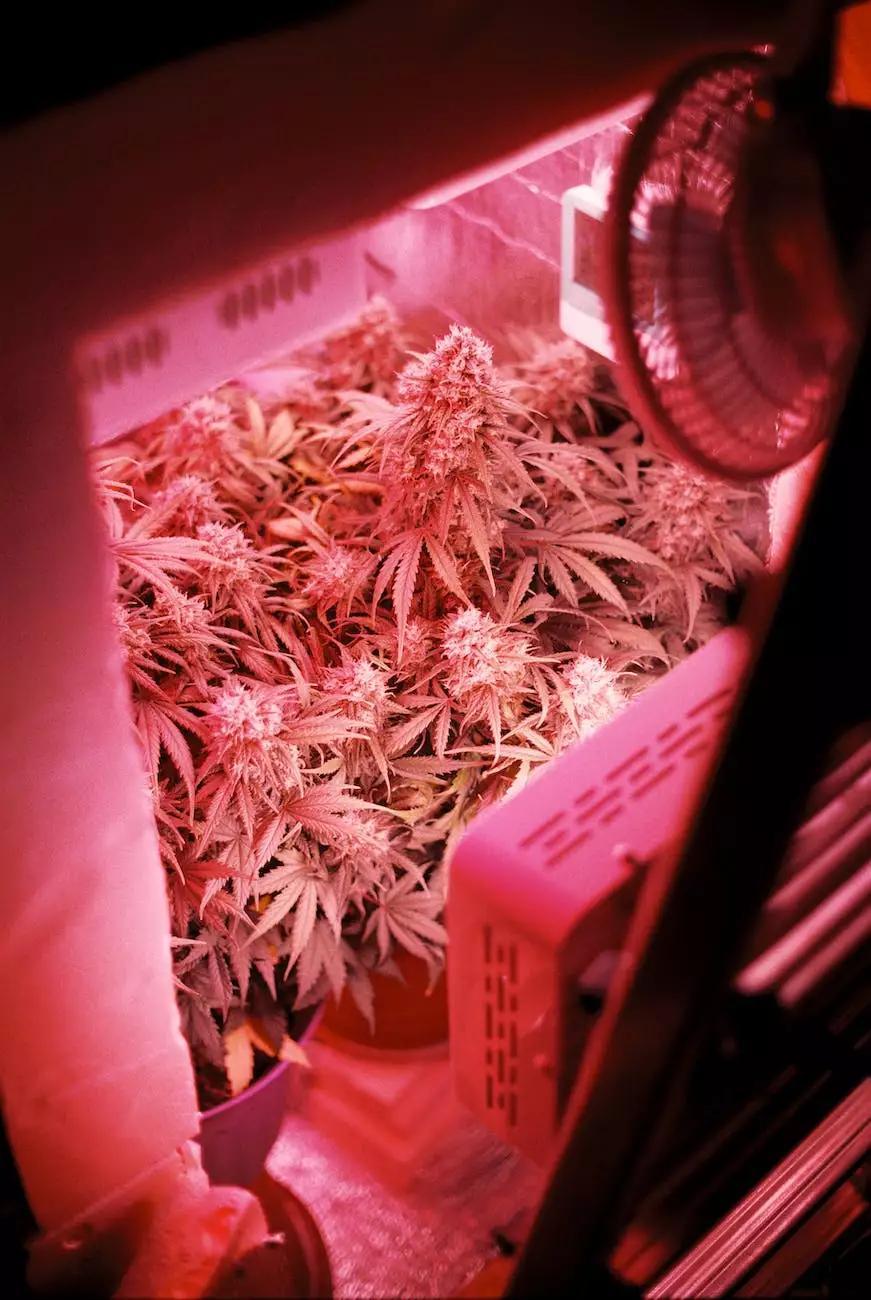Unlocking the Power of Naturopathic and Holistic Health

Introduction
Welcome to LivePositively.com, your go-to source for naturopathic and holistic health information. In this article, we will explore the benefits of naturopathy, the importance of holistic health practices, and the valuable role of nutritionists in optimizing your well-being.
The Power of Naturopathic and Holistic Health
Naturopathy is a form of alternative medicine that focuses on natural remedies and self-healing. It embraces a holistic approach to health, acknowledging the interconnection between the body, mind, and spirit. By understanding and treating the root causes of illness, naturopathy promotes long-lasting health and wellness.
At LivePositively.com, we believe that adopting naturopathic and holistic practices can bring positive transformations to your life. From reducing symptoms to improving overall wellness, the benefits are numerous.
Exploring Holistic Health
When it comes to holistic health, it goes beyond just treating symptoms. It emphasizes the importance of incorporating various aspects of your life to create a balanced and harmonious state of well-being.
By focusing on the mind, body, and spirit, holistic health practitioners help individuals achieve optimal health by addressing imbalances and supporting the body's innate healing mechanisms.
Understanding the Role of Nutritionists
One key component of holistic health is proper nutrition. Nutritionists play a vital role in guiding individuals towards making informed dietary choices that support overall health and wellness.
Whether you are seeking to optimize your diet, manage a specific condition, or improve energy levels, a professional nutritionist can provide personalized guidance that considers your unique needs and goals.
Optimizing Your Cooking: Chicken Cooking Temp
Cooking chicken to the correct temperature is crucial to ensure both its safety and taste. Nothing beats a perfectly cooked chicken that is juicy, flavorful, and safe to consume.
When it comes to chicken cooking temperature, it's essential to follow recommended guidelines to prevent the risk of foodborne illnesses. The recommended internal temperature for chicken is 165°F (74°C). This ensures that any harmful bacteria present in the chicken are destroyed, providing you with a safe and enjoyable meal.
Best Practices for Cooking Chicken
Here are a few tips to help you achieve the ideal chicken cooking temperature:
1. Use a Reliable Thermometer
Invest in a good-quality food thermometer to accurately measure the internal temperature of your chicken. This will give you the peace of mind that your chicken is cooked to perfection.
2. Avoid Guesswork
Guessing the doneness of chicken based on its appearance can be risky. Take the guesswork out by relying on the thermometer to ensure your chicken reaches the safe internal temperature.
3. Allow for Resting Time
After removing the chicken from heat, allow it to rest for a few minutes. This ensures that the juices distribute evenly for a tender and flavorful final result.
4. Experiment with Seasonings
Enhance the flavor of your chicken dishes by exploring different seasonings and marinades. From herbs and spices to citrus marinades, the options are endless.
Conclusion
Adopting a naturopathic and holistic approach to your health can lead to transformative results. LivePositively.com is your trusted resource for valuable insights on natural healing, nutrition, and much more. Remember, when cooking chicken, always prioritize food safety by ensuring it reaches the recommended internal temperature of 165°F (74°C). Embrace the power of holistic health and unlock a vibrant, well-balanced life.










